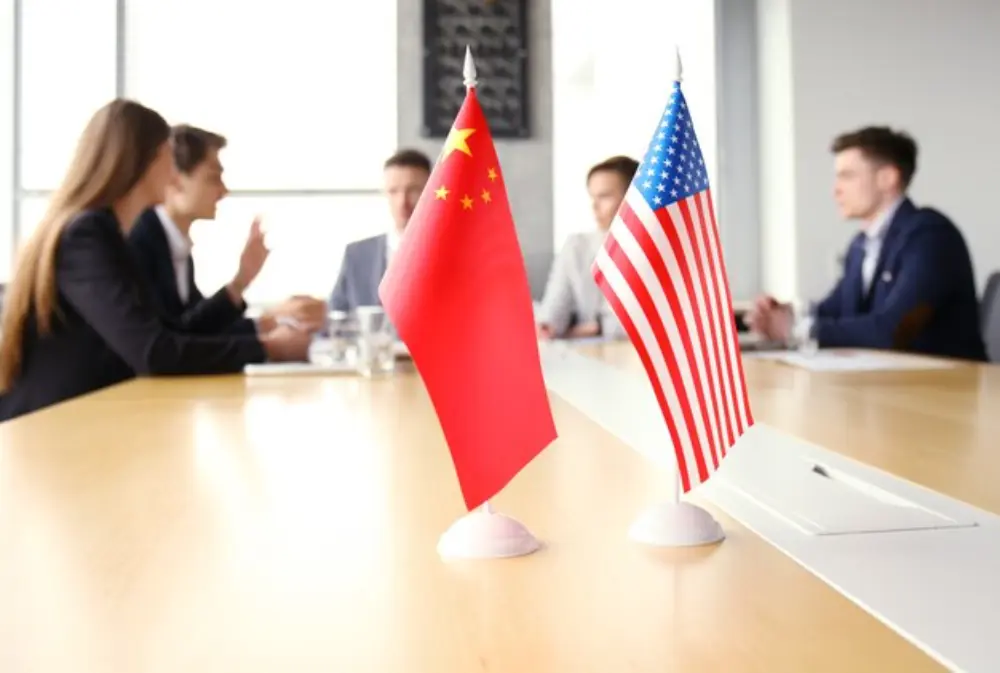
As China continues to grow as a global economic powerhouse, it has become a vital market for American businesses seeking international expansion. Navigating the regulatory landscape in China, however, can be challenging, particularly for those unfamiliar with the local government structures and compliance requirements. One key agency that plays a critical role in this landscape is the China Administration for Industry and Commerce (China AIC).
This article aims to provide American entrepreneurs, executives, and investors with a comprehensive understanding of China AIC and its pivotal role in shaping business operations. By understanding the functions and requirements of China AIC, American businesses can better position themselves for success in the Chinese market.
The China Administration for Industry and Commerce (AIC) was a central government agency responsible for overseeing business registration, market supervision, and enforcement of regulatory compliance. In 2018, as part of a governmental restructuring initiative, the responsibilities of China AIC were integrated into the newly established State Administration for Market Regulation (SAMR). Despite this restructuring, many business professionals still refer to the agency’s functions as “China AIC” due to its historical significance.

China AIC, now under SAMR, plays a critical role in ensuring a well-regulated market environment by handling functions such as:
For American businesses entering the Chinese market, the first interaction with China AIC typically involves company registration. This process includes:
After registration, businesses must adhere to ongoing compliance obligations, which include:
American businesses often face the following challenges when navigating China AIC regulations:
To help American readers better understand the regulatory environment in China, it’s essential to compare it with the U.S. framework:
TechCorp, an American software company, successfully navigated China AIC regulations by hiring a local compliance consultant. With expert guidance, TechCorp swiftly registered its WFOE, secured the necessary business licenses, and established strong relationships with regulatory authorities. Their proactive approach allowed them to scale operations smoothly within the Chinese market.
GreenGrove, an American organic food brand, faced challenges with licensing due to incomplete documentation and a lack of understanding of local regulations. After several delays, the company engaged Tannet Invest for compliance support. Tannet’s expertise helped GreenGrove resolve regulatory issues, obtain the required licenses, and successfully launch its product line in China.
The Chinese government has been increasingly embracing digital technologies to streamline regulatory processes. Foreign businesses can now benefit from online registration portals and electronic reporting systems that reduce bureaucratic delays.

As China strengthens its data protection laws, foreign businesses must ensure compliance with regulations such as the Personal Information Protection Law (PIPL). Understanding these requirements is essential for companies that handle sensitive customer data.
There is a growing emphasis on ESG compliance in China. Companies are expected to adopt sustainable practices and report on their environmental impact. Foreign businesses that prioritize ESG can gain a competitive advantage in the market.
Understanding the role and functions of China AIC is crucial for American businesses seeking to establish and operate successfully in China. By gaining insight into the agency’s requirements and proactively addressing compliance challenges, businesses can position themselves for long-term success.
As the Chinese regulatory landscape continues to evolve, staying informed and seeking expert assistance becomes more important than ever. For those seeking professional guidance, Tannet Invest offers comprehensive services to help navigate the complexities of China’s regulatory environment. With the right strategies and support, American businesses can confidently enter and thrive in the Chinese market.
